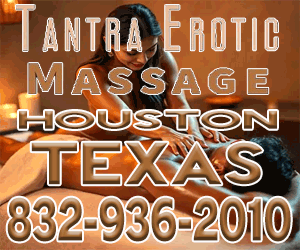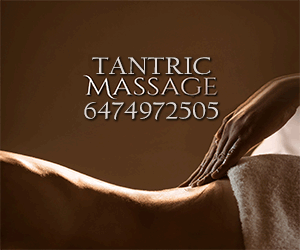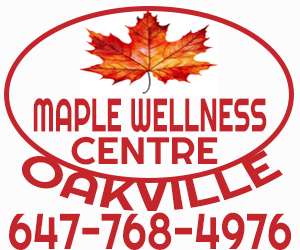In an effort to curb prostitution and human trafficking, a bill before the Howard County Council would expand the Howard County Police Department's ability to crack down on illegal massage parlors.
Proposed by Howard County Executive Allan Kittleman and Councilman Jon Weinstein, the bill would allow local police to enter massage parlors at any time during business or operating hours to ensure the establishment is licensed by the state.
"We're confronting this aggressively. We're committed to giving police officers the tools they need to crack down on it. We will not allow anyone to be exploited," Kittleman wrote in a statement.
Current law limits the police department's ability to quickly and efficiently confront suspected illegal establishments, according to the police department. The state's Board of Chiropractic and Massage Therapy Examiners licenses massage therapists, but the board has only one statewide inspector.
Officials said the bill would not have a chilling effect on legal establishments or create more regulatory hurdles.
"We're not adding requirements. We're simply focusing our efforts on the right to go in and inspect businesses that come on our radar through citizen complaints and concerns," said Howard County Police Chief Gary Gardner.
Howard County is the third jurisdiction in the state, after Washington and Charles counties, to have enhanced regulatory powers after the General Assembly passed a bill expanding powers last year.
The powers slashed questionable establishments from 17 to 1 in Charles County and shuttered all suspected massage parlors in Washington County, Gardner testified last year.
The fight against human trafficking in Howard County, long-considered to be the perfect storm for trafficking because of its location, has been at the forefront of Kittleman's policy agenda.
Kittleman has authorized hiring a second full-time undercover police officer to conduct human trafficking investigations. This year, he plans to create a council to prioritize recommendations from a 2014 task force and cement a permanent structure to prevent human trafficking.
Currently, police investigations of suspected illegal activity can take weeks or even months, said Capt. Dan Coon, commander of the police department's criminal investigations bureau.
Most of the police department's investigations begin with community complaints that lead to an interview with the employees or owners of the business. Some long-term investigations culminate in search-and-seizure warrants that can take months to complete, Coon said.
The police department has received several complaints about massage parlors in the county, Coon said. A Google search of area massage parlors with questionable advertising often provides hints of suspected legal activity, he said.
The police department consulted with the state board that licenses massage therapists and several massage parlor owners before pursuing the bill. Violators would be guilty of a misdemeanor, if convicted, and subject to a fine of up to $1,000 or up to 6 months in prison or both. The bill also requires establishments to visibly display state authorization.
Sabrina Lopez, president of the American Massage Therapy Associations Maryland chapter, said the group is fully supportive of the bill.
"The proposal targets the right people and helps safeguard legitimate massage therapists," Lopez said.
If the council passes the legislation, the department plans to launch a public awareness campaign, targeted for owners of massage establishments, to explain the bill's implementation.
In an effort to remove redundant requirements, the proposal also slashes a section in the county's code that requires the county to issue two-year licenses for massage establishments, managers and technicians. The code already exempts licensed massage therapists, registered nurses, physicians and other occupations.
State licensing requirements preempt the county's requirements, according to Bob Frances, director of the county's Department of Inspections, Licenses and Permits.
The bill, which will be introduced Monday and considered in April, is not the first attempt to beef up the police department's powers in cracking down on illegal massage parlors.
A similar state bill failed in 2014 because of lack of bipartisan support.
Attempts to target illegal massage parlors stalled in the 1990s when the Howard County Council passed a bill that required massage parlor owners and staff to be fingerprinted and undergo background checks through a biennial licensing system. Officials later acknowledged the law was impossible to enforce.
A year later, the department came under scrutiny for a series of undercover sting operation in parlors amid charges officers unnecessarily engaged in sexual activity with workers.
Let's block ads! (Why?)
































































































